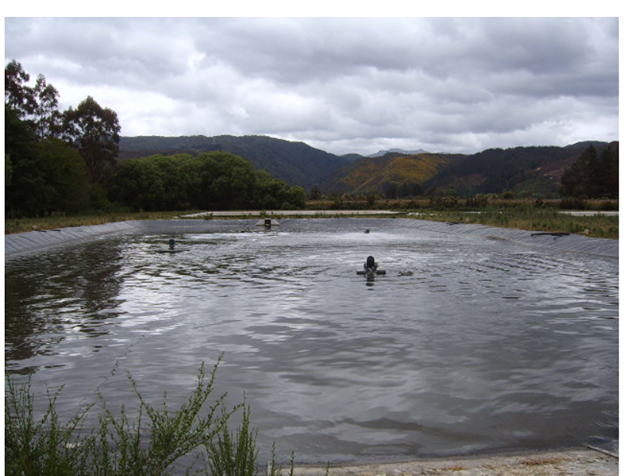Buller District Council is responsible for the collection, treatment, and disposal of wastewater from the communities throughout the district.

This includes the management, operation, and maintenance of a number of wastewater pump stations, treatment plants, oxidation ponds and wastewater mains.
Wastewater is produced by anything at your home or business that drains into the sewerage system including sinks, showers, washing machines and flushing toilets. Wastewater is predominantly water, but the remainder includes organic matter such as human waste, food scraps, fats, oil and grease, and debris such as sand, grit, and plastic.
Wastewater also includes household chemicals, paint, and pharmaceuticals that can be harmful to our environment, so effective treatment is very important.
Wastewater treatment
The Buller District Council operates three Wastewater treatment facilities, in Westport, Reefton and Little Wanganui. These are all operated by WestReef Services Ltd under supervision from Council staff. All facilities are monitored frequently to ensure effluent leaving the facilities complies with the respective Resource Consents and is sufficiently treated prior to entering receiving waterways.
The Westport wastewater treatment plant is a Contact Stabilisation Plant which uses an aerobic process to treat raw sewage. Sewage pumping stations are located throughout Westport and Carters Beach, please contact Council if you see a light flashing on a pump station.
Oxidation Ponds are operated in Reefton and Little Wanganui to treat wastewater.
Wastewater treatment relies on biological processes that are carefully balanced, please consider the toxicity of anything going into the sewer that is not normal household waste.
Issues with the wastewater network
To report any problems with sewage, or to report a flashing light at a pump station, please contact:
- WestReef Services
- Buller District Council
- Westport: 03 788 9111 / 0800 807 239
- Reefton: 03 732 8821 or 03 732 8092 after hours
If your sewer is backing up and it is not heavily raining please call a plumber to investigate.
The problem is usually on the private line within the property, the plumber will call Westreef if the problem is in Council sewers.
Please don’t flush wipes into the sewer system
Wipes and paper towels can not be dealt with in the district’s sewer system. Wipes and paper towels are designed not too soften when wet.
Even those labelled as flushable don’t break down quickly enough. If wipes are flushed into the sewer system they clog pipes, pumps and screens.
Wipes also cause significant difficulty and add to costs of running Council’s wastewater treatment plant. They have to be physically removed by staff.



